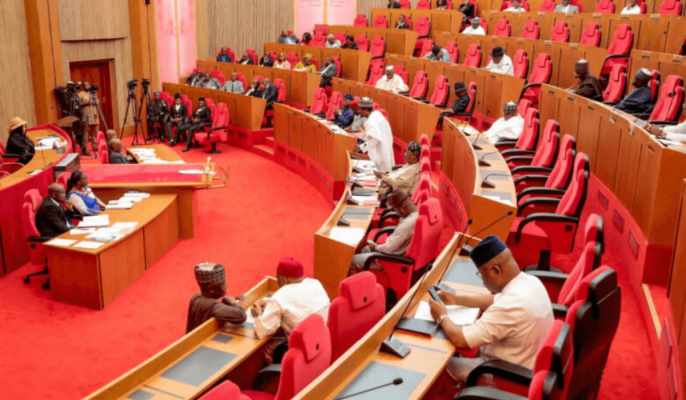House Withdraws Bill Seeking to Make Voting Mandatory in Nigeria
The House of Representatives has withdrawn a controversial bill that sought to amend the Electoral Act 2022 to make voting compulsory for all eligible Nigerians.
The proposed legislation, titled “A Bill for an Act to Amend the Electoral Act 2022 to Make it Mandatory for All Nigerians of Maturity Age to Vote in All National and State Elections and for Related Matters,” aimed to introduce compulsory voting and penalise eligible citizens who failed to cast their ballots during elections.
Sponsored by Speaker of the House, Abbas Tajudeen, and Hon. Daniel Adama Ago, the bill had already passed second reading two weeks ago. It proposed legal sanctions, including fines of up to N100,000 or a maximum of six months’ imprisonment for eligible voters who abstained from participating in elections.
However, in a statement released by his Special Adviser on Media and Publicity, Musa Abdullahi Krishi, Speaker Tajudeen announced the decision to withdraw the bill, citing extensive public backlash and consultations with stakeholders.
“The Speaker of the House of Representatives, Abbas Tajudeen, wishes to inform the public that, following extensive consultations with a broad spectrum of stakeholders, he has decided to withdraw the bill to amend the Electoral Act 2022 to make voting mandatory for all eligible Nigerians,” the statement read.
According to the Speaker, the bill was originally introduced with the intent to improve civic engagement and address the issue of low voter turnout that has affected recent electoral cycles in Nigeria. He pointed to countries like Australia, Belgium, and Brazil—where compulsory voting laws have been credited with maintaining participation rates above 90 percent—as models of the proposed system’s potential effectiveness.
“From the outset, the bill was introduced with the best of intentions, which is to bolster civic engagement and strengthen our democracy by encouraging higher voter turnout,” the statement continued.
Nonetheless, Tajudeen acknowledged the importance of aligning legislative reforms with public sentiment and individual freedoms.
“Lawmaking is ultimately about the people it serves,” the Speaker said. “Rather than compel participation, we are committed to exploring positive incentives and innovative approaches that will make voting more attractive and accessible to all Nigerians.”
The withdrawal marks a significant shift in the legislative approach to electoral participation, with the House leadership now signaling an openness to alternative strategies that encourage voluntary civic involvement.


